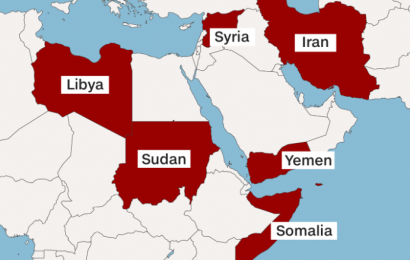A recently released study has discovered dramatic and alarming declines in insect populations in Germany, which is believed to have detrimental consequences in the future
The study was published on Wednesday in PLOS One and has discovered that, in German nature reserves, flying insect populations have declined by at least 75% over the 27-year study period.
“The flying insect community as a whole… has been decimated over the last few decades,” was written in the study that was conducted by Researchers from Radboud University in Netherlands and the Entomological Society Krefeld in Germany
“Loss of insect diversity and abundance is expected to provoke cascading effects on food webs and to jeopardize ecosystem services.”
There has been evidence on the decline for a long time, according to Tanya Latty, a reaserch and teaching fellow in entomology at Sydney University’s School of Life and Environmental Sciences. However, there are few studies that have taken such a broad view over the entire insect populations, she adds.
“This study lumps all flying insects together. If you see these sort of dramatic declines in protected areas it makes me worry that this (trend) could be everywhere. There’s no reason to think this isn’t happening everywhere.” she says
The study used Malaise traps (sophisticated insect net that catches a wide variety of insects) set up in 63 German nature protection areas over the course of 27 years.
Researches used these traps to measure the weight of insect catch, also known as a biomass, which made it clear that there is a significant drop in insect numbers.
The study concluded that there is a seasonal decline of 76%, and a mid-summer decline of 82% in flying insect biomass.
“We show that this decline is apparent regardless of habitat type,” the study says.
Source: cnn.com



